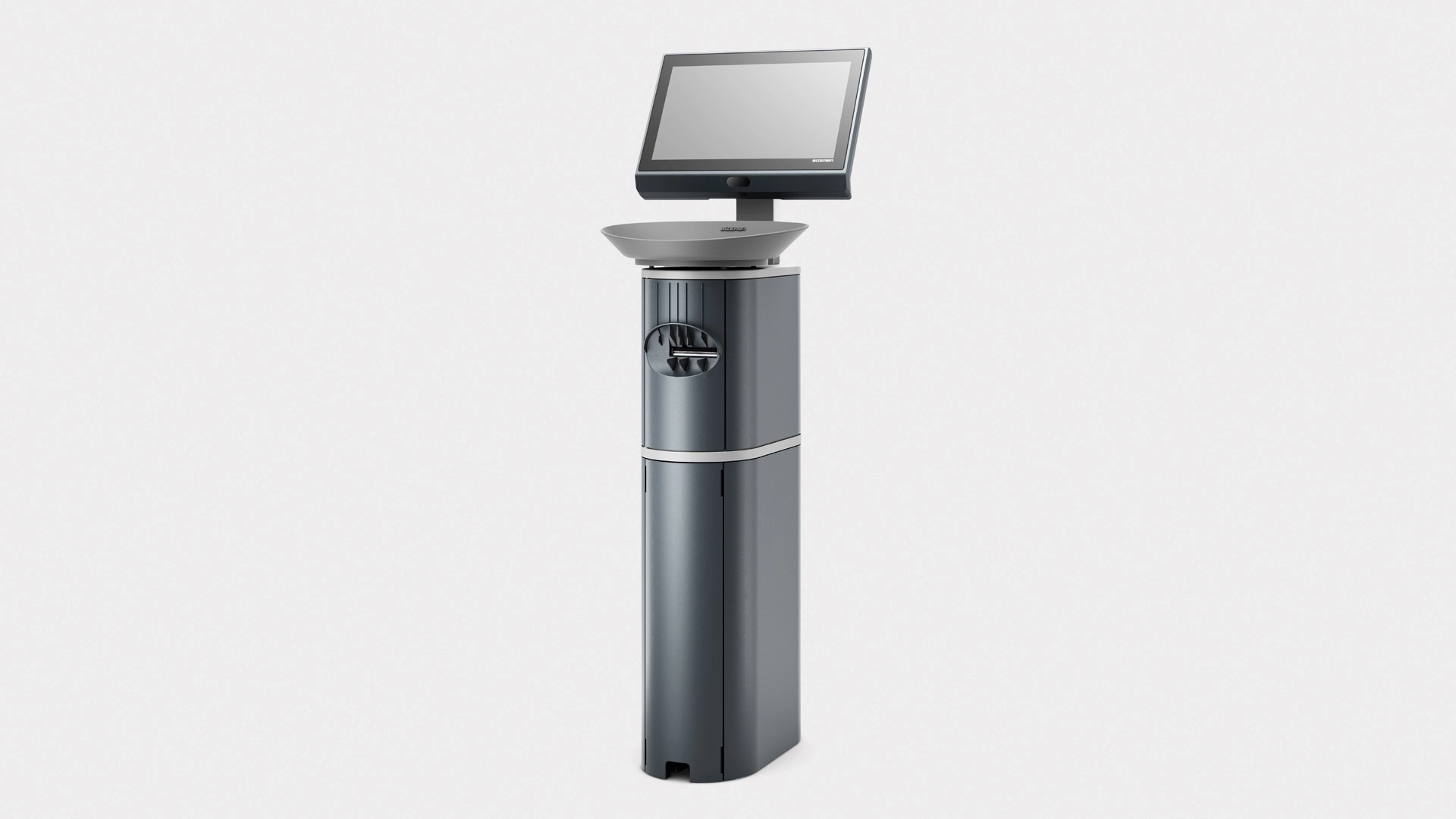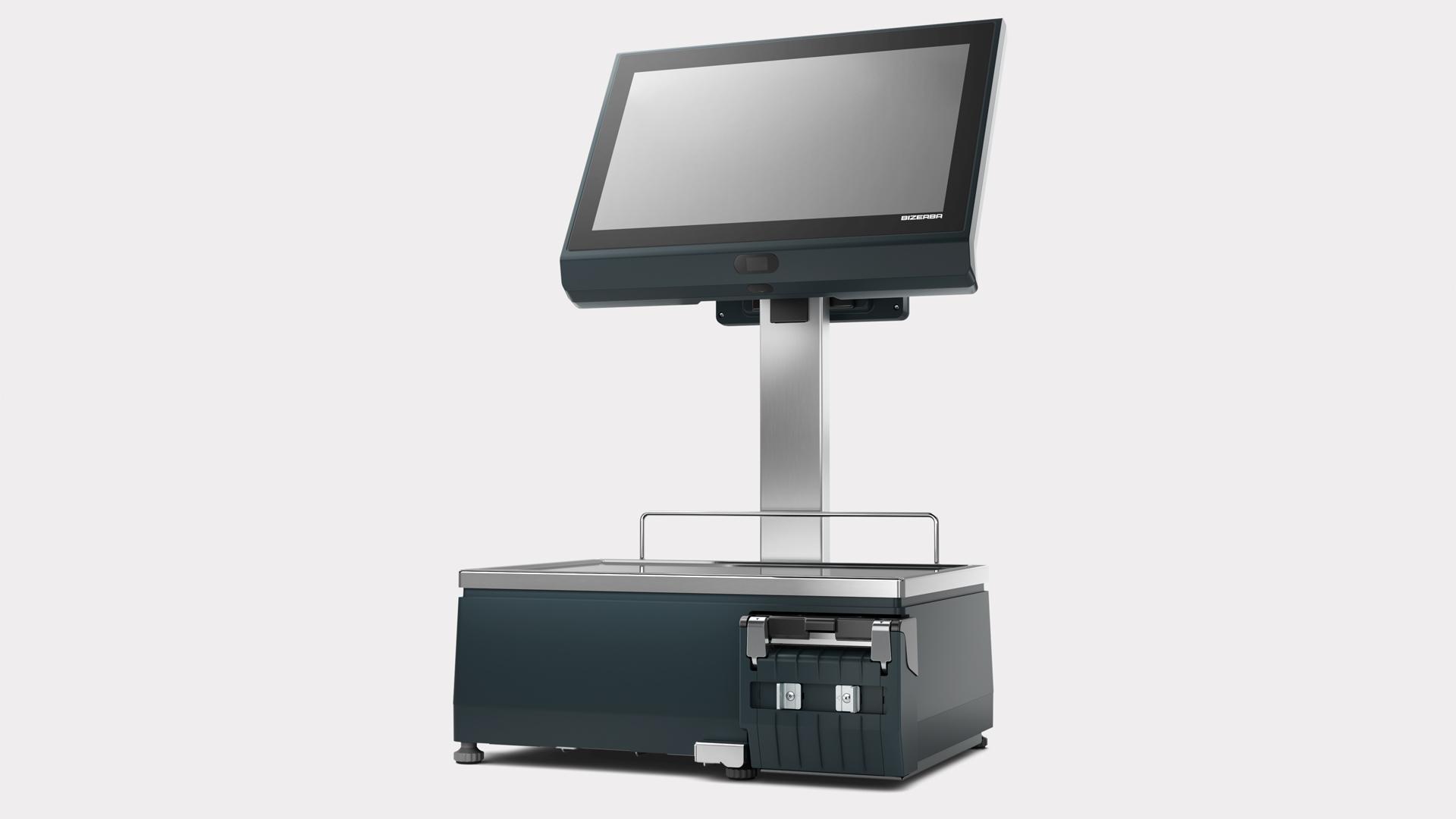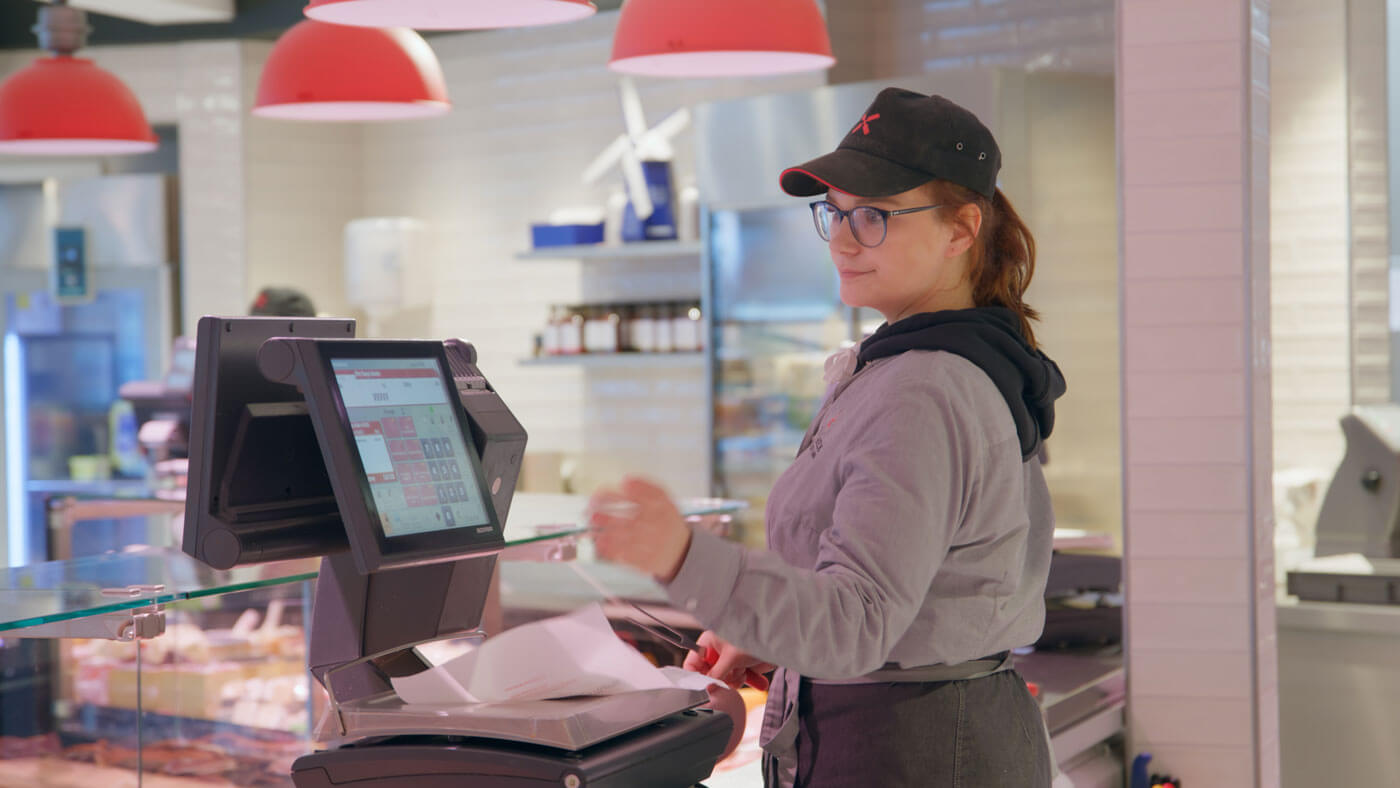Preventing losses of revenue: fraud prevention at the self-service scales

The 6 benefits of networked self-service scales with object recognition
Reduced drops in sales via minimisation of false registrations
Reduced losses, as recognition of the packaging means manual selection and use of a standard tare is prevented
Shorter waiting times, as the checkout process is sped up
Eases the load on cashiers as there is no need for weighing and the article search
Positive customer experience through self-service weighing without manual entries
Improved sustainability through unpacked goods without added expense/effort
Fruit and vegetable departments within the retail sector have visibly changed over the last 20 years. Product ranges have increased dramatically in size and the proportion of loose goods requiring weighing has increased. Here are some of the reasons:
Instead of offering products in plastic bags or laminated shells, producers and retailers are increasingly offering loose items for sustainability reasons, and these are then weighed in recyclable bags used for fruit and vegetables.
Whether strawberries from Israel or asparagus from Peru - a great range of fresh products is now available all year round.
Many different types of fruit and vegetables are displayed twice: conventionally grown and also with a bio label.
Retailers extend the standard product range nowadays with regional products, freshly harvested and with short delivery paths.
Rapini, salsify, wild garlic, pumpkin and so on - seasonal classics are back and extend the product range all year round.
Special offer or Class I goods?
Whilst such variety is very much welcome on the plate and in the fruit basket, it does make it more difficult and time-consuming for shoppers to select the correct products on the scales. The disadvantages of typical self-service weighing: due to the large variety of items, it is awkward to search for symbols displaying goods or to enter article numbers that may be forgotten once again when on the way to the scale. Furthermore, incorrect items are often deliberately declared, such as bananas being said to be on special offer instead of the more expensive Class I goods.
First boom in self-service scales is in the past
Preliminary outcome: after the initial popularity of self-service scales with a label printer, many supermarkets have got rid of these. Instead, the goods are weighed at the counter – a process which takes a lot of time and requires more staff if customers are not to be left waiting. So, how can cashiers be saved the work of weighing goods whilst making the customer experience more convenient whilst also reducing losses in revenue due to incorrect entries?
AI does it better
Self-service scales with visual object recognition, supported by AI are the answer. A typically installed camera system records the goods placed on the scale. An algorithm analyses the image data and the result appears on the display in under one second – shoppers only have to add and register this.
Learning object recognition system
Object recognition as such takes place completely offline, directly on the scales. The pictures that are recorded are used only for evaluation and transferred into the cloud as a foundation for constant improvements to the model. As a result, the system learns from weighing processes in many different supermarkets every single day and provides increasingly reliable results.
Conclusion
An AI-based scale with object recognition is a faster, more reliable solution for declaring items compared to shoppers or cashiers. It is time for the self-service scale to make a comeback in the fruit and vegetable section – namely the new K3 from Bizerba with object recognition.







